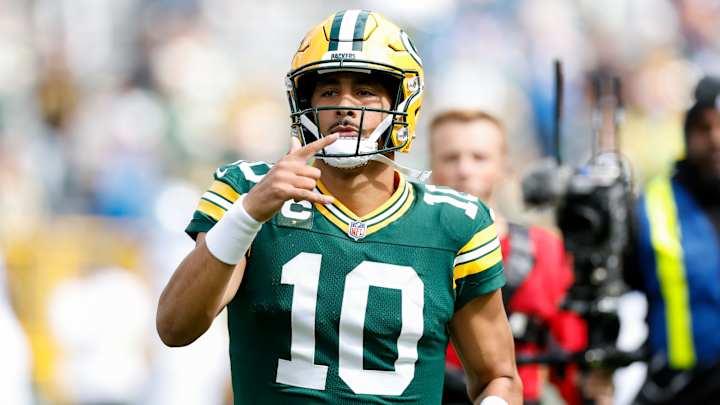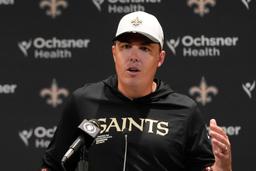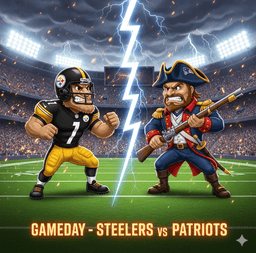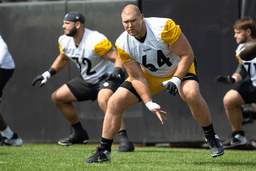Cracks in Packers’ Locker Room – Two Stars Clash Over Captaincy Role
Green Bay, WI – August 20, 2025
The Green Bay Packers’ training camp, already reeling from a wave of injuries, is now shaken by reports of discord within the locker room. Sources indicate a heated dispute between two team pillars—quarterback Jordan Love and defensive end Rashan Gary—over who truly deserves to wear the captain’s armband.
According to witnesses, the conflict erupted during a team meeting earlier this week. Gary, widely regarded as the emotional leader of the defense, declared, “A leader shows up on the field and delivers with actions, not words.” Love, the face of the offense and the Packers’ QB1, countered that true leadership goes beyond performance, emphasizing the need to “inspire, unite, and speak up when it matters most.”
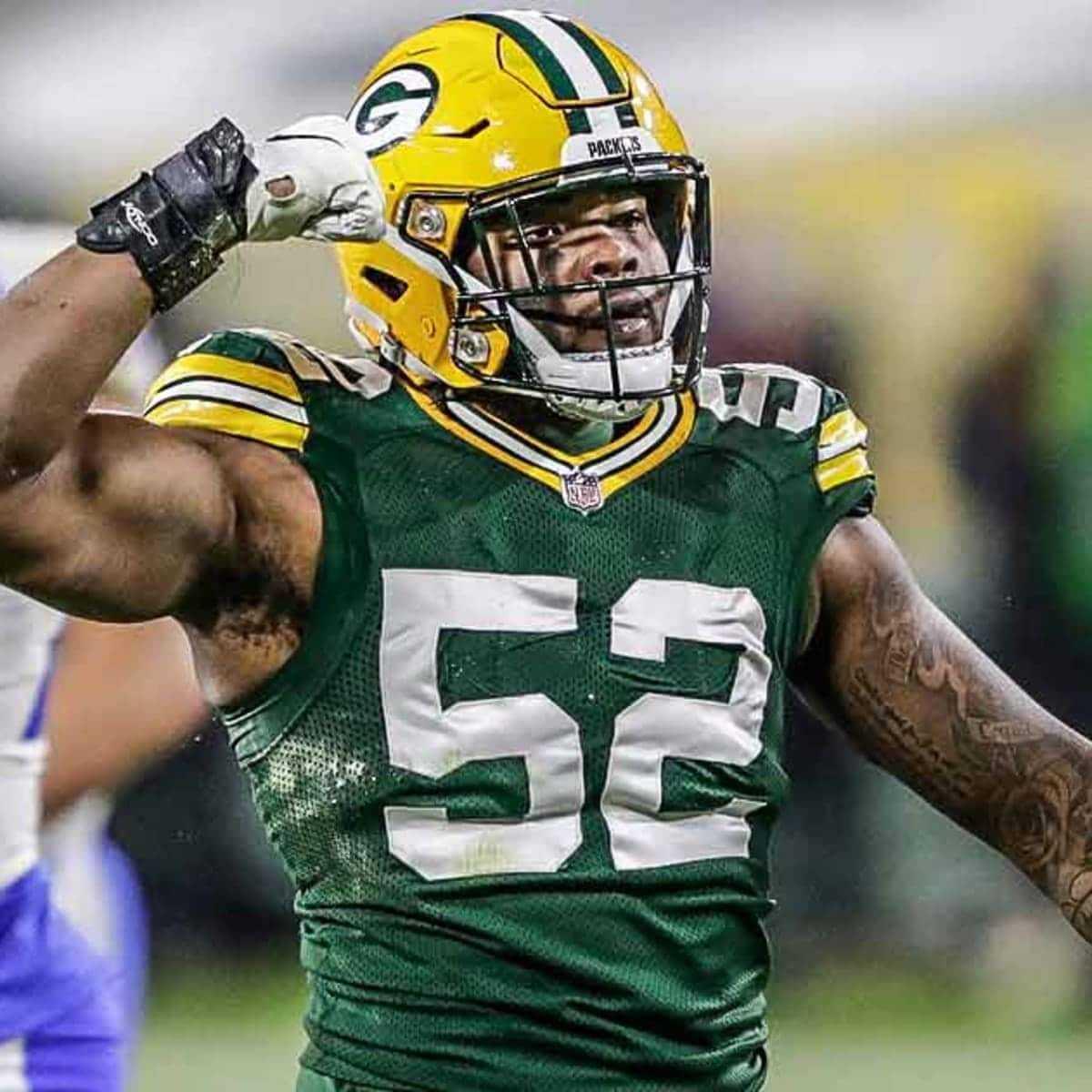
The news spread rapidly, igniting a fiery debate among Packers fans. Some back Gary, arguing that “actions speak louder than words,” while others champion Love as the ideal captain, citing his ability to rally the team. Social media platforms like X are abuzz, with @PackersFaithful posting, “Gary’s all grit, but Love’s the voice we need!” Meanwhile, @GreenBay4Life wrote, “Rashan’s our warrior—captaincy belongs to him.”
Head coach Matt LaFleur reportedly stepped in to mediate, stressing that the captain’s role is not a personal accolade but a collective responsibility. “We’re a team, not individuals chasing titles,” LaFleur said, per ESPN. Yet, this small rift raises a critical question: Is Green Bay losing its unity at a time when stability is paramount, with key players like Christian Watson and Xavier McKinney sidelined by injuries?
In Titletown, leadership is more than a patch on a sleeve—it’s about grit, sacrifice, and accountability. As the Packers navigate this storm, the clash between Love and Gary underscores a deeper challenge: Who will emerge as the true leader to guide the team through adversity? With the season opener against the Eagles on September 7 looming, Green Bay’s ability to mend this fracture could define their 2025 campaign.


